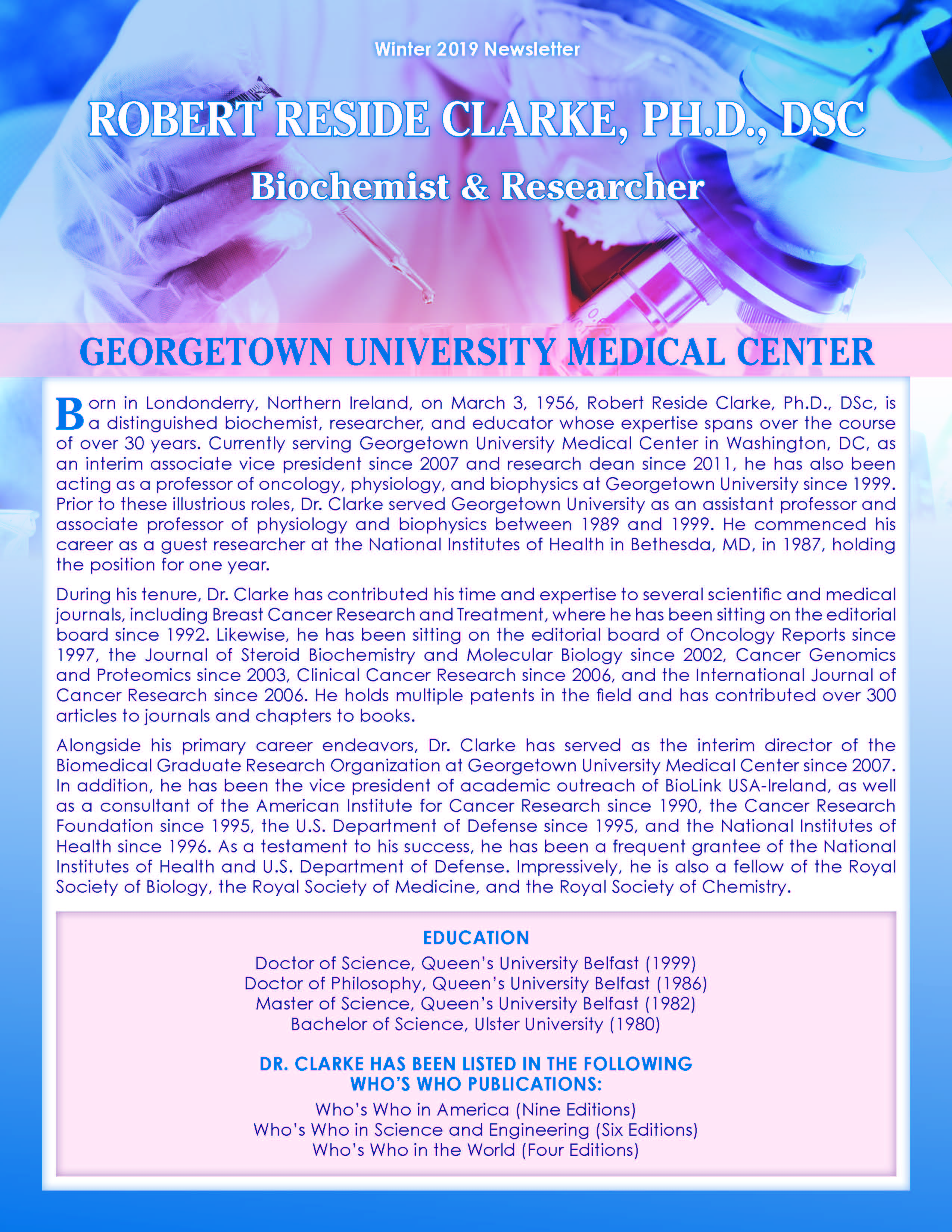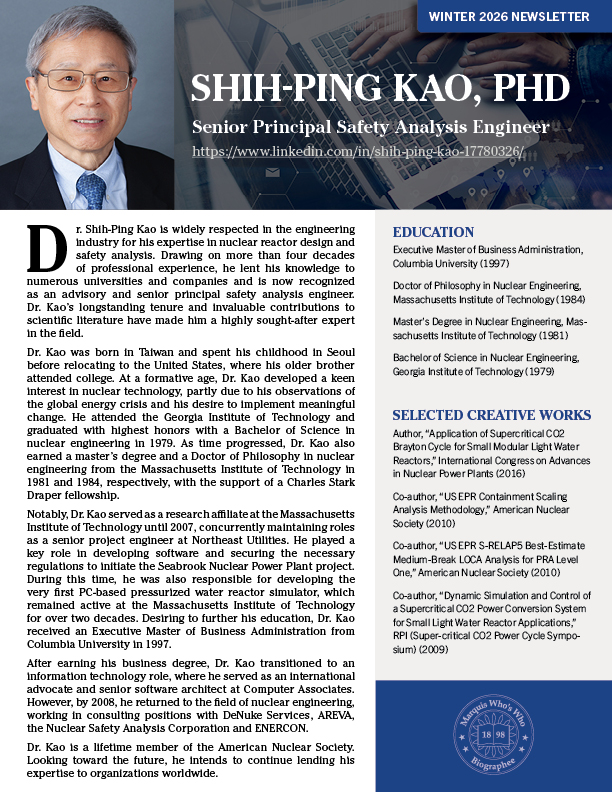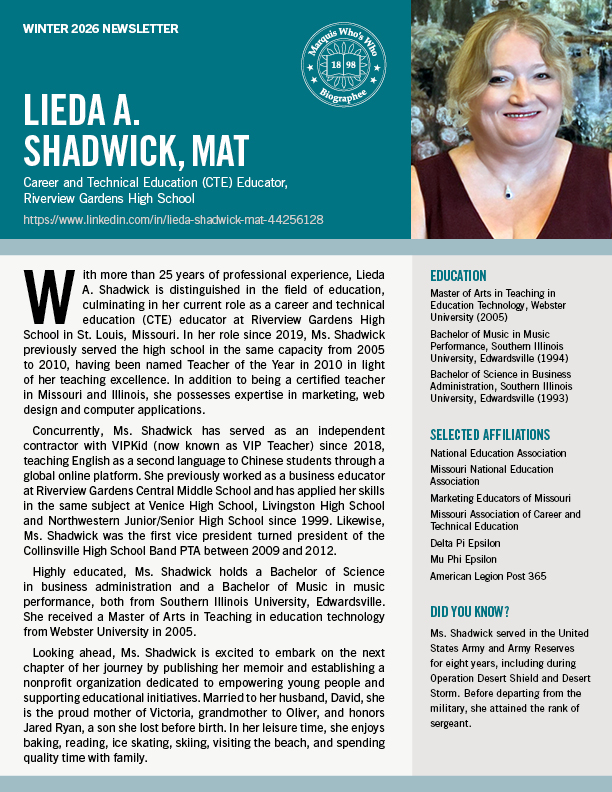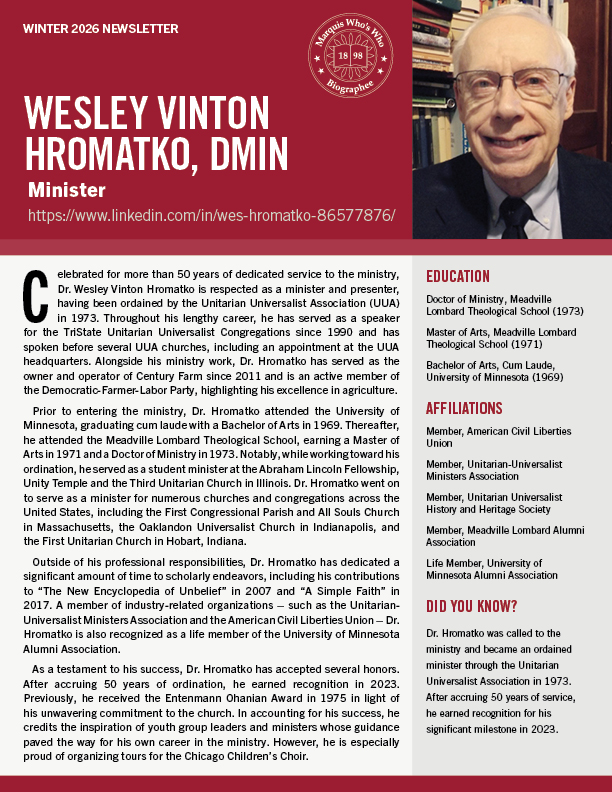
Born in Londonderry, Northern Ireland, on March 3, 1956, Robert Reside Clarke, Ph.D., DSc, is a distinguished biochemist, researcher, and educator whose expertise spans over the course of over 30 years. Currently serving Georgetown University Medical Center in Washington, DC, as an interim associate vice president since 2007 and research dean since 2011, he has also been acting as a professor of oncology, physiology, and biophysics at Georgetown University since 1999. Prior to these illustrious roles, Dr. Clarke served Georgetown University as an assistant professor andassociate professor of physiology and biophysics between 1989 and 1999. He commenced his career as a guest researcher at the National Institutes of Health in Bethesda, MD, in 1987, holding the position for one year.
During his tenure, Dr. Clarke has contributed his time and expertise to several scientific and medical journals, including Breast Cancer Research and Treatment, where he has been sitting on the editorial board since 1992. Likewise, he has been sitting on the editorial board of Oncology Reports since 1997, the Journal of Steroid Biochemistry and Molecular Biology since 2002, Cancer Genomics and Proteomics since 2003, Clinical Cancer Research since 2006, and the International Journal of Cancer Research since 2006. He holds multiple patents in the field and has contributed over 300 articles to journals and chapters to books.
Alongside his primary career endeavors, Dr. Clarke has served as the interim director of the Biomedical Graduate Research Organization at Georgetown University Medical Center since 2007. In addition, he has been the vice president of academic outreach of BioLink USA-Ireland, as well as a consultant of the American Institute for Cancer Research since 1990, the Cancer Research Foundation since 1995, the U.S. Department of Defense since 1995, and the National Institutes of Health since 1996. As a testament to his success, he has been a frequent grantee of the National Institutes of Health and U.S. Department of Defense. Impressively, he is also a fellow of the Royal Society of Biology, the Royal Society of Medicine, and the Royal Society of Chemistry.
Contact Dr. Clarke:


